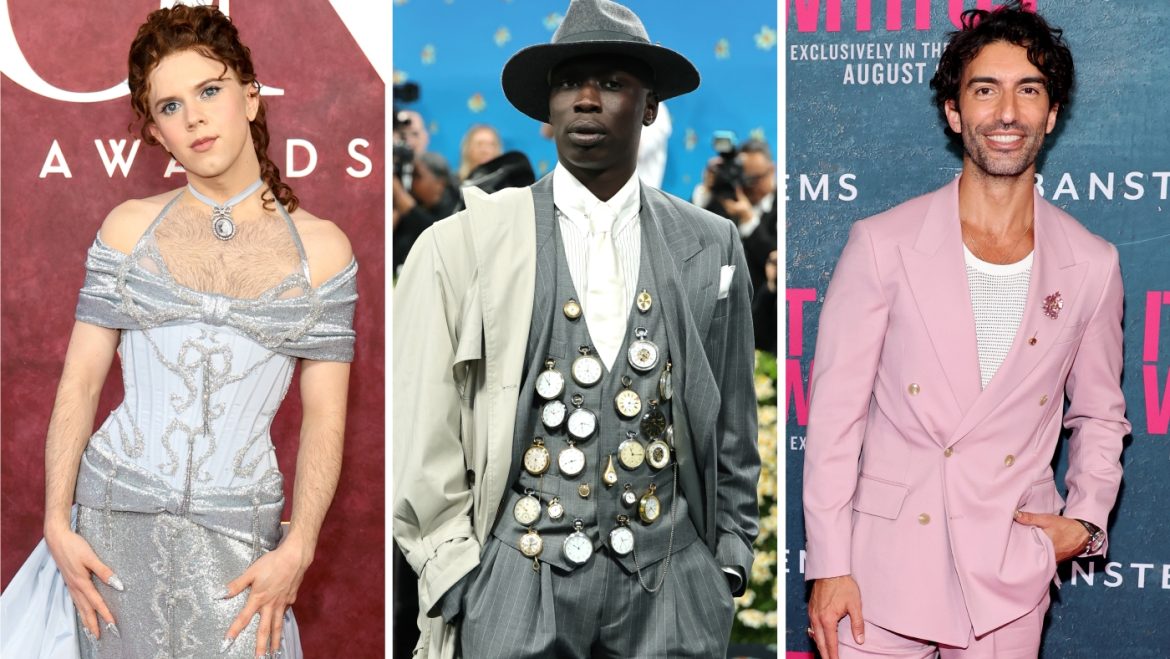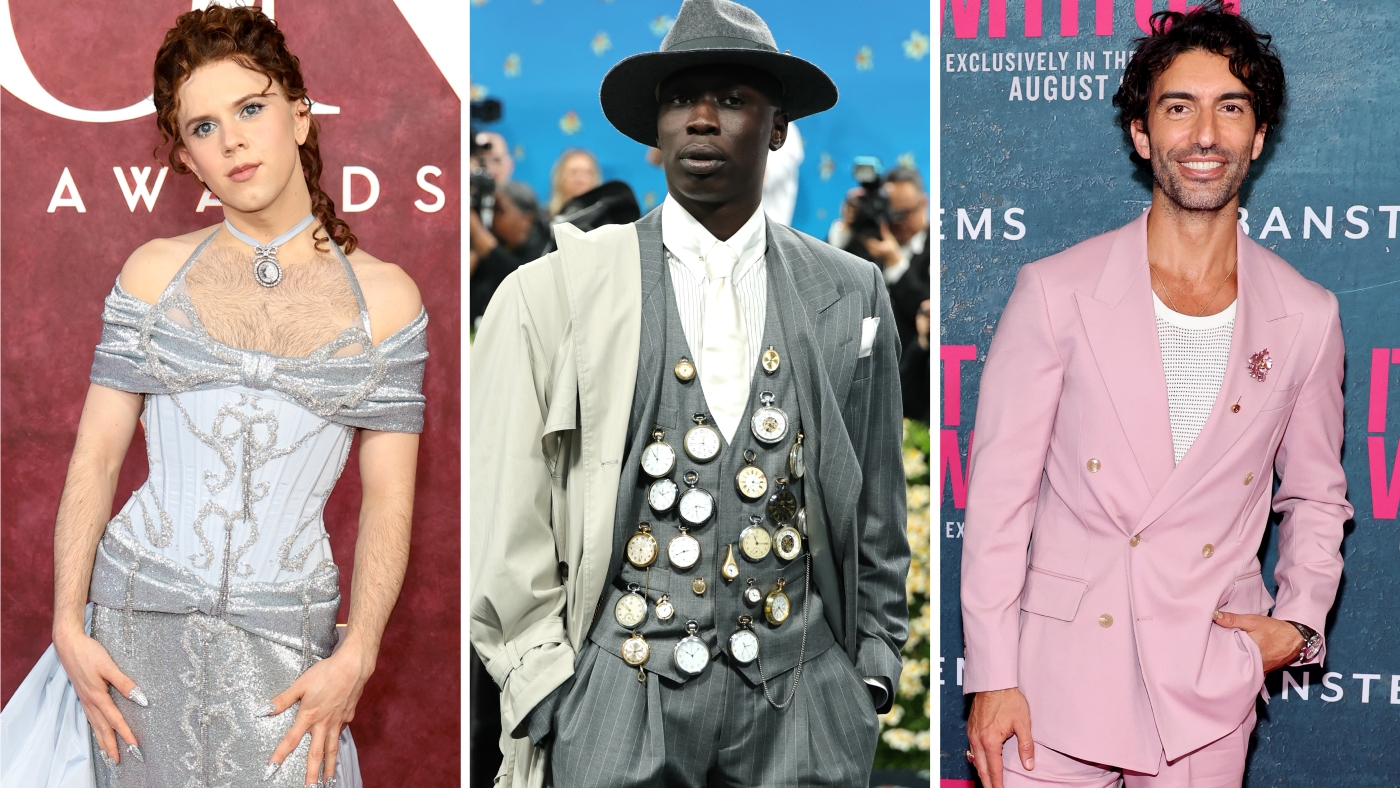The Mixed Reception of President Trump at the Kennedy Center’s “Les Misérables” Opening Night
President Donald Trump’s attendance at the opening night of *Les Misérables* at the Kennedy Center stirred a potent mixture of reactions from the audience, performers, and the broader public discourse. This event, occurring amid the backdrop of his recent overhaul of the Kennedy Center’s board and his publicly expressed views on cultural institutions, became emblematic of the polarized climate surrounding art and politics in contemporary America.
Setting the Scene: A High-Profile Cultural Moment
The Kennedy Center, a prestigious arts venue in Washington, D.C., hosted the opening night of the acclaimed musical *Les Misérables*, drawing significant public attention when Trump and First Lady Melania Trump attended on June 11, 2025. Trump’s presence was notable as it marked his first visit to the Center following controversial leadership changes he instigated. This event was anticipated to be a convergence point for theater enthusiasts, political observers, and cultural commentators alike.
Alongside the president and first lady, senior administration figures such as JD Vance, Vice-President, and Scott Bessent, Treasury Secretary, were also in attendance, underscoring the event’s political and social weight.
Audience Reaction: A Soundtrack of Cheers, Boos, and Chants
Upon President Trump’s arrival and seating on the balcony, the Kennedy Center audience responded with a cacophony of mixed sentiments. Initial cheers greeted the president, suggesting support or at least acknowledgment. However, these were quickly countered by audible boos and jeers from segments of the crowd. The polarized response escalated with impromptu chants of “USA! USA!”, reflecting nationalism and perhaps attempts to shift the tone.
Reports emphasized that the reaction to Trump was neither uniformly hostile nor wholly welcoming, but rather fractured, emblematic of the divided sociopolitical climate in which the event took place. The jeers highlighted dissent among audience members uncomfortable with Trump’s presence or policies, while the cheers and patriotic chants signaled pockets of affirmation.
Performer and Staff Responses: Boycotts and Tensions
Beyond the audience, the internal community of the Kennedy Center and *Les Misérables* production exhibited signs of strain. Several cast members reportedly contemplated or enacted protests or boycotts in response to Trump’s attendance, indicating a broader cultural debate about the interplay of politics in artistic spaces.
The actors’ resistance to sharing a stage or event with Trump revealed a sense of ideological opposition, intertwined with concerns over the president’s policies and his recent actions affecting the arts community. The union representing the cast and the production company remained reticent or non-committal in the face of these tensions, reflecting the complexity of balancing professional commitments with personal convictions in the arts.
Trump’s Cultural Intervention: Context and Implications
Trump’s appearance at the Kennedy Center followed significant upheaval in the Center’s governance, marked by the abrupt ousting of leadership and his assumption of chairmanship over its board. His tenure brought about controversies centered around accusations of politicizing programming and attacking “woke” bookings, which he characterized as detrimental to cultural institutions.
This move was met with resistance within artistic circles and triggered cancellations of shows and public disagreements. The attendance at *Les Misérables* thus carried symbolic resonance: a cultural site traditionally viewed as a neutral or progressive space intersecting with a politically charged figure known for confrontational policies toward the arts and progressive values.
The Symbolism of *Les Misérables* and Trump’s Presence
*Les Misérables* itself is a work deeply embedded in themes of social justice, revolution, and the struggle of marginalized populations. Trump’s presence at this particular performance added layers of complexity, provoking questions about how political figures engage with art that often critiques the kind of power structures they embody.
Observers noted the irony and potential discord in the juxtaposition of the musical’s revolutionary message with Trump’s attendance, especially given his administration’s confrontations with various cultural and social movements.
Public and Media Portrayals: Divided Narratives
Media coverage reflected the divisive nature of the event. Headlines oscillated between reporting cheers welcoming Trump and the notable interruptions by boos and chants, underscoring contrasting receptions. Photographs depicted a stark visual dichotomy: Trump clad in tuxedo, Melania in an elegant black dress, entering a space buzzing with both approval and antagonism.
Journalistic narratives also spotlighted the broader cultural and political struggle being played out on a symbolic public stage, with Trump’s attendance serving as a flashpoint for debates about the role of art in political discourse, freedom of expression, and the boundaries of artistic collaboration.
Conclusion: A Cultural Flashpoint Reflecting a Divided Nation
The opening night of *Les Misérables* at the Kennedy Center, marked by President Trump’s attendance, crystallized numerous tensions at the intersection of politics and culture. The mix of boos, cheers, and chants from the audience embodied a nation grappling with ideological divides that permeate its most revered institutions.
This event transcended a routine theater opening, symbolizing a broader contest over cultural representation, political authority, and artistic freedom in a polarized era. For Trump, the reception revealed the limits and complexities of engaging symbols of American culture amid ongoing political battles, while for the arts community, it underscored the challenges of navigating expressions of dissent and cooperation.
In the enduring light of *Les Misérables*’ themes—revolution, justice, human dignity—the night served as a reminder that art remains an essential but contested field where societal values and conflicts are intensely negotiated.


